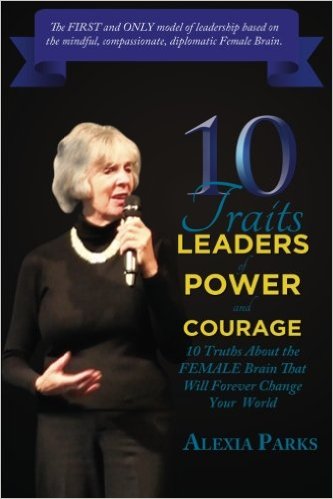Could a single act of conscious by the UK’s senior Foreign Office minister,  Lady Sayeeda Warsi, impact the current crisis in Gaza and the Middle East Peace Process?
Lady Sayeeda Warsi, impact the current crisis in Gaza and the Middle East Peace Process?
In submitting a letter of resignation to prime minister David Cameron, Lady Warsi calls Britain’s approach and language in dealing with Gaza “morally indefensible.” Her resignation letter, now made public, drives home the point that the UK’s policy on Gaza could become the basis for radicalization that “could have consequences” for the government for years to come.
It stands out primarily because it illustrates one of the biggest reasons for the rise of crisis and conflict in the world today: the absence of women leaders in policy making, and at the decision-making table.
Ironically, the U.S. already has a policy in place at the State Department that could create a radical shift in defusing conflicts in the Middle East. It requires that in order for a country to receive US aid, it must include women in setting government policy and decision-making.
Why are women needed at the decision-making table in hot spots like the Middle East? My research on the hardwired male and female brain that draws upon a dozen fields of science shows that in times of great stress, the hardwired brain rules. Unlike the neuroplastic brain which can be socially conditioned, and grow new brain cells, the hardwired brain, which makes up 80% of the human brain is fixed. In general, it takes 100,000 years or more to change the genetics of this hardwiring.
In this context, men are hardwired to fight, or run from conflict. Women, by contrast, are hardwired to defuse conflict. Could the tension between these two hardwired strategies for dealing with conflict bring new resolution to the on-going crisis in Gaza?
The 19th Century philosopher Matthew Arnold described the untapped potential of women this way: “If ever the world sees a time when women shall come together purely and simply for the benefit of mankind, it will be a power such as the world has ever known.”
I agree. When women are empowered to express their full potential, countries in crisis around the world will jump to a higher level.
Alexia Parks is a United Nations UN-Habitat virtual mentor, Newsweek’s “One of 50 people who matter most on the Internet,” and founder of The 100 College Women Project. The 100 College Women Project – launching this Fall at NAROPA – is the only science-based leadership program in the world based on the New Science of the female brain. It’s goal: To inspire and motivate a new generation of leaders.


